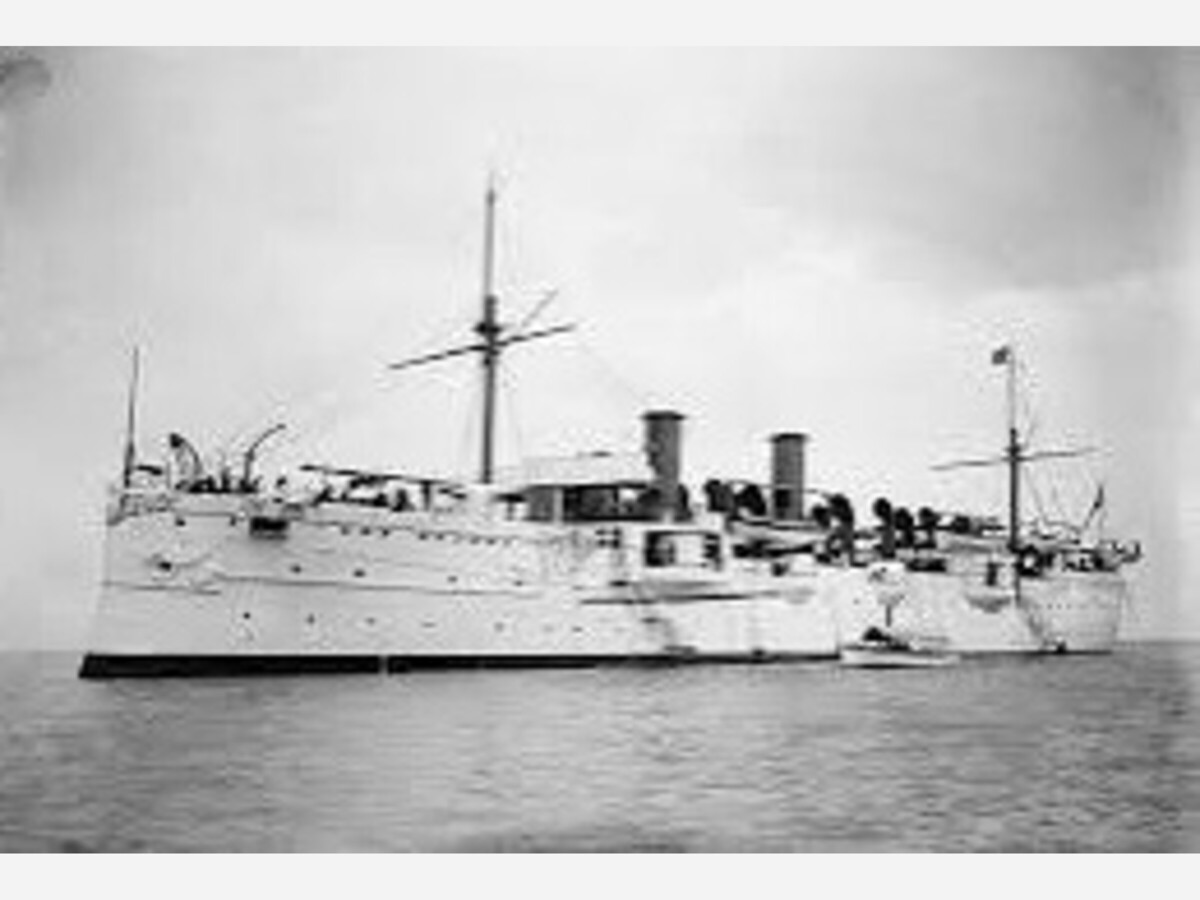Image

The USS Philadelphia played a significant but ultimately tragic role in the First Barbary War (1801-1805) between the United States and Tripoli.
In October 1803, the Philadelphia, commanded by Captain William Bainbridge, was patrolling off the coast of Tripoli as part of the American squadron blockading the city.
While pursuing a Tripolitan vessel, the Philadelphia ran aground on an uncharted reef near Tripoli Harbor. Despite attempts to refloat the ship, it remained stuck and vulnerable.
Unable to defend themselves effectively, the crew surrendered to the Tripolitans, becoming prisoners of war.
Tripoli's Capture and Use:
The Tripolitans captured the Philadelphia and turned it into a floating gun battery, equipping it with additional cannons and using it to fire upon American ships.
This posed a serious threat to the American forces and hampered their efforts to blockade Tripoli.
In February 1804, Lieutenant Stephen Decatur led a daring nighttime raid on the Philadelphia using a captured Tripolitan ketch disguised as an American vessel.
Decatur and his men boarded the Philadelphia, overpowered the Tripolitan guard, and set fire to the ship before returning to their own vessel.
The burning Philadelphia illuminated the harbor, allowing American ships to bombard Tripoli for several hours before ultimately sailing away.
Despite the loss of the Philadelphia, the raid led by Decatur became a celebrated victory forAmerican morale and demonstrated their daring and resolve.
Decatur's courage and leadership earned him national fame and solidified his place as a naval hero.
The capture and subsequent destruction of the Philadelphia remain a key episode in the First Barbary War, reflecting the challenges faced by the Americans and their daring tactics employed to overcome them.
Source: Gemini
Image sourced from History.com